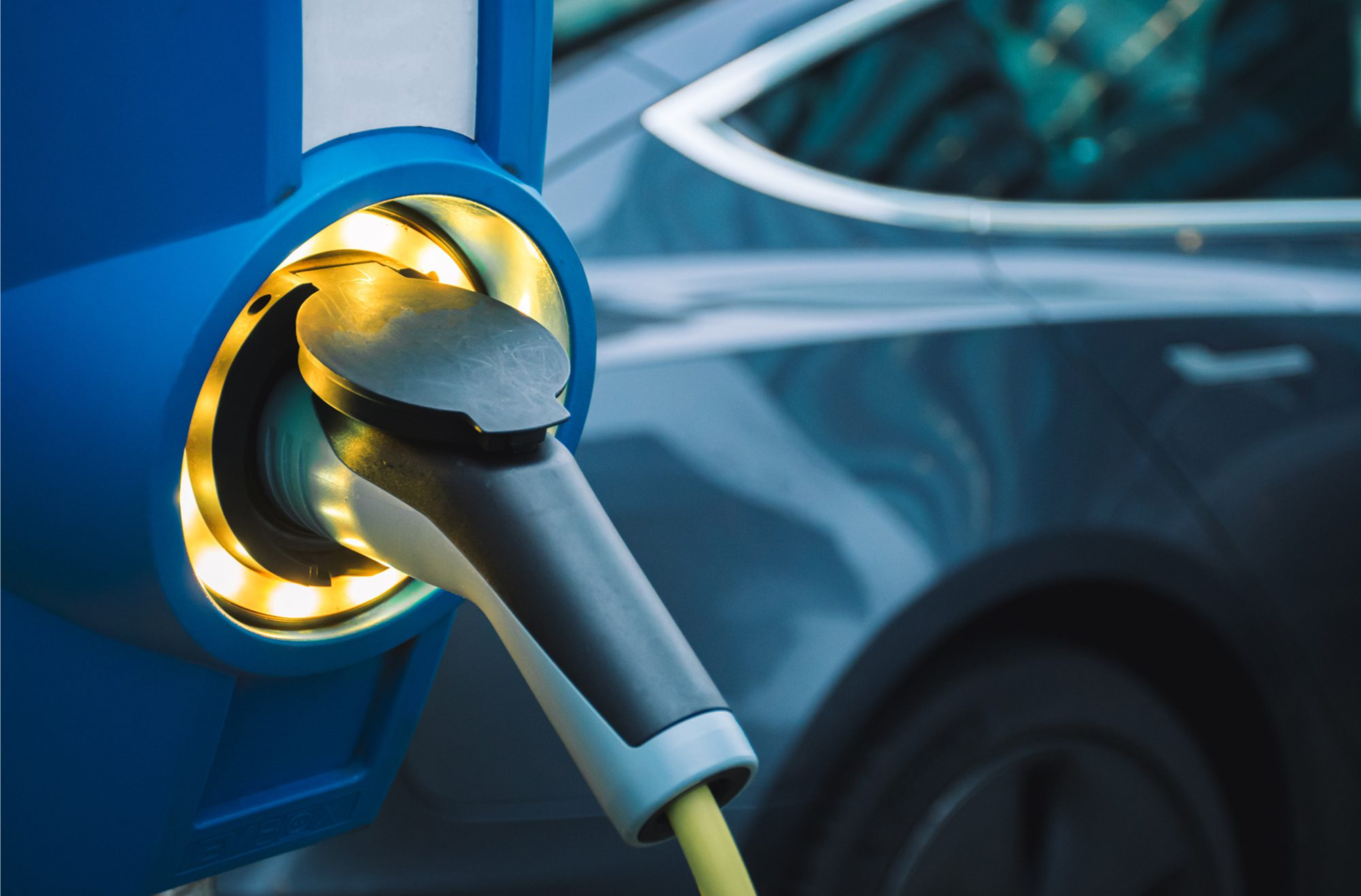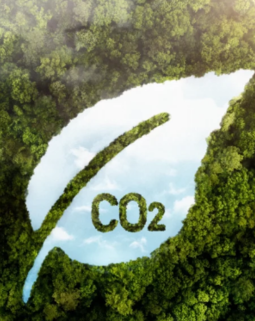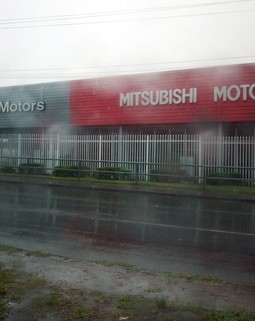Electric vehicles (EVs) are at the forefront of the global push towards sustainable transportation. Central to this revolution is the battery, which relies heavily on materials like aluminum derived from bauxite. Guinea, a West African nation, holds one of the world's largest bauxite reserves, making it a pivotal player in the EV industry. This article explores the significance of Guinea's bauxite, the mining processes involved, and the environmental and socio-economic impacts of this burgeoning sector.
The Significance of Bauxite in EV Batteries
Bauxite is the primary source of aluminum, a key component in the production of EV batteries. Aluminum is valued for its lightweight, high conductivity, and resistance to corrosion, making it an essential material in the manufacturing of EV battery casings, thermal management systems, and electrical wiring.
Guinea's Bauxite Reserves: A Global Powerhouse
Guinea possesses approximately one-third of the world's known bauxite reserves. The country's rich deposits have attracted major global mining companies, transforming Guinea into a leading exporter of bauxite. This has positioned the nation as a crucial supplier to the global aluminum industry, which in turn feeds into the EV battery supply chain.
Environmental and Social Implications of Bauxite Mining
While the bauxite mining industry has brought economic growth to Guinea, it has also raised significant environmental concerns. The extraction process involves deforestation, soil erosion, and water contamination, which can have detrimental effects on local ecosystems and communities. Furthermore, the displacement of local populations and the destruction of farmland have sparked tensions between mining companies and indigenous communities.
The Economic Impact on Guinea
The influx of foreign investment in Guinea's bauxite sector has contributed to the country's economic development. Increased revenue from bauxite exports has funded infrastructure projects and created jobs. However, the benefits are unevenly distributed, with much of the wealth concentrated among foreign corporations and a small elite, leaving many Guineans in poverty.
The Future of Bauxite Mining and EV Production
As the demand for EVs continues to rise, so too will the demand for bauxite. This presents both opportunities and challenges for Guinea. On one hand, the country stands to gain economically from the growing global demand for aluminum. On the other hand, there is an urgent need to address the environmental and social impacts of mining to ensure sustainable development.
Conclusion
Guinea's bauxite reserves are indispensable to the global EV industry, making the country a key player in the transition to sustainable transportation. However, the environmental and social costs of bauxite mining must be carefully managed to ensure that the benefits of this natural resource are shared equitably and sustainably. As the world moves towards a greener future, Guinea's role in the EV battery supply chain will undoubtedly continue to grow in importance.





